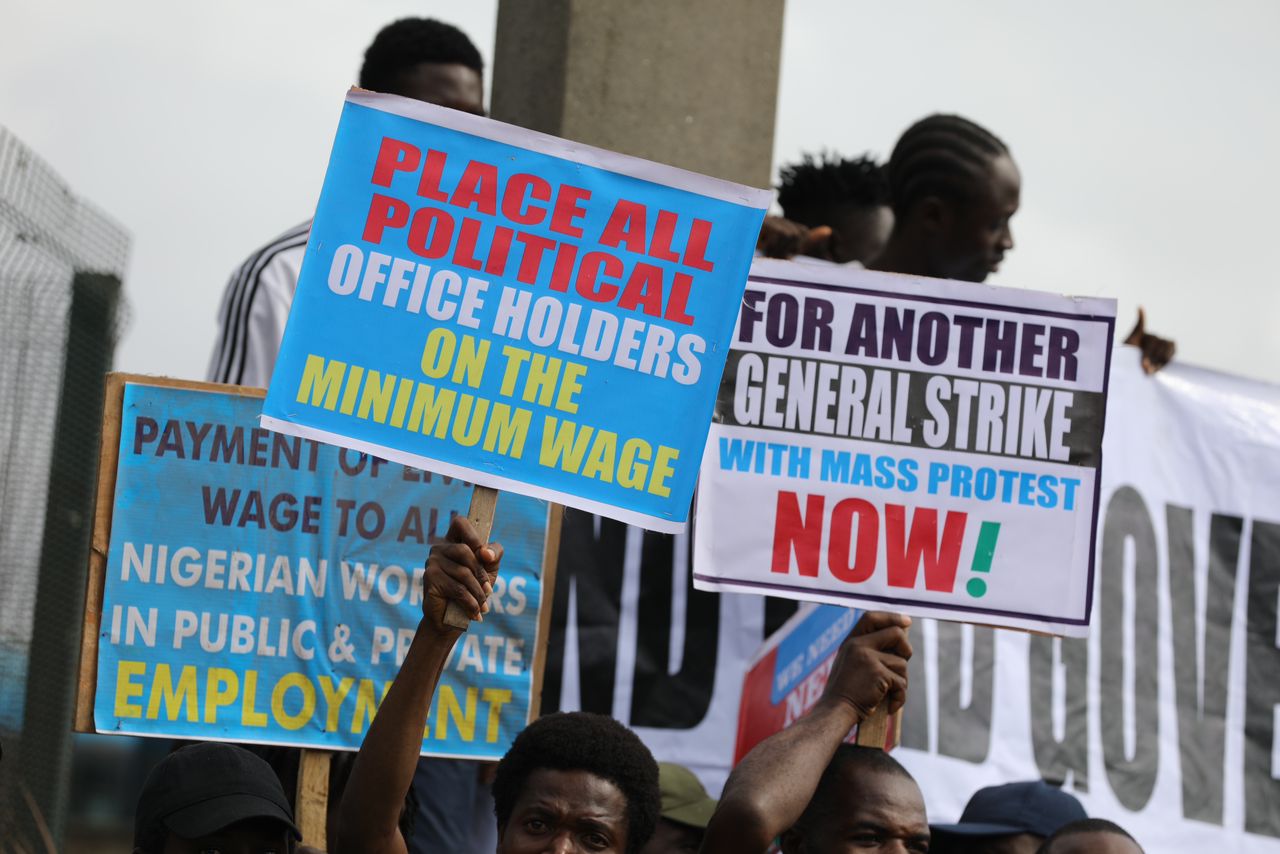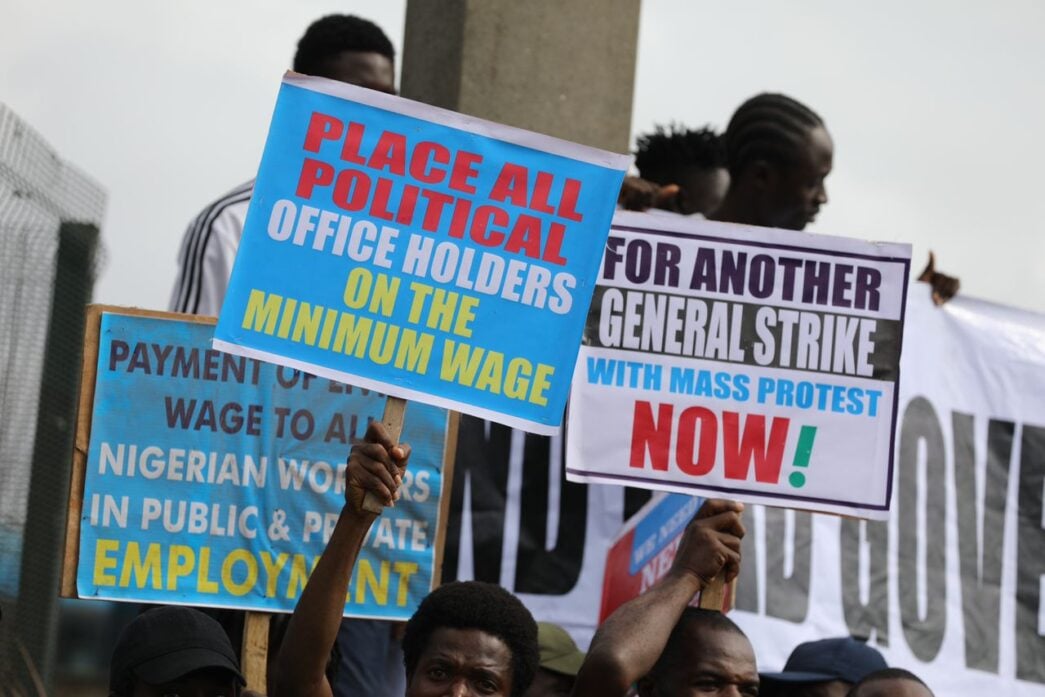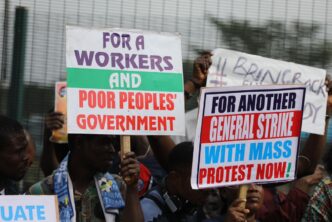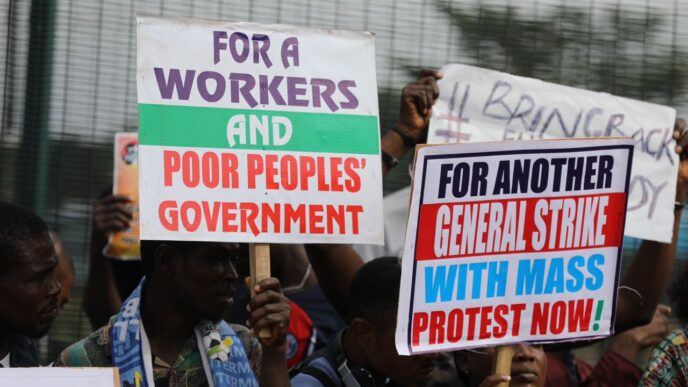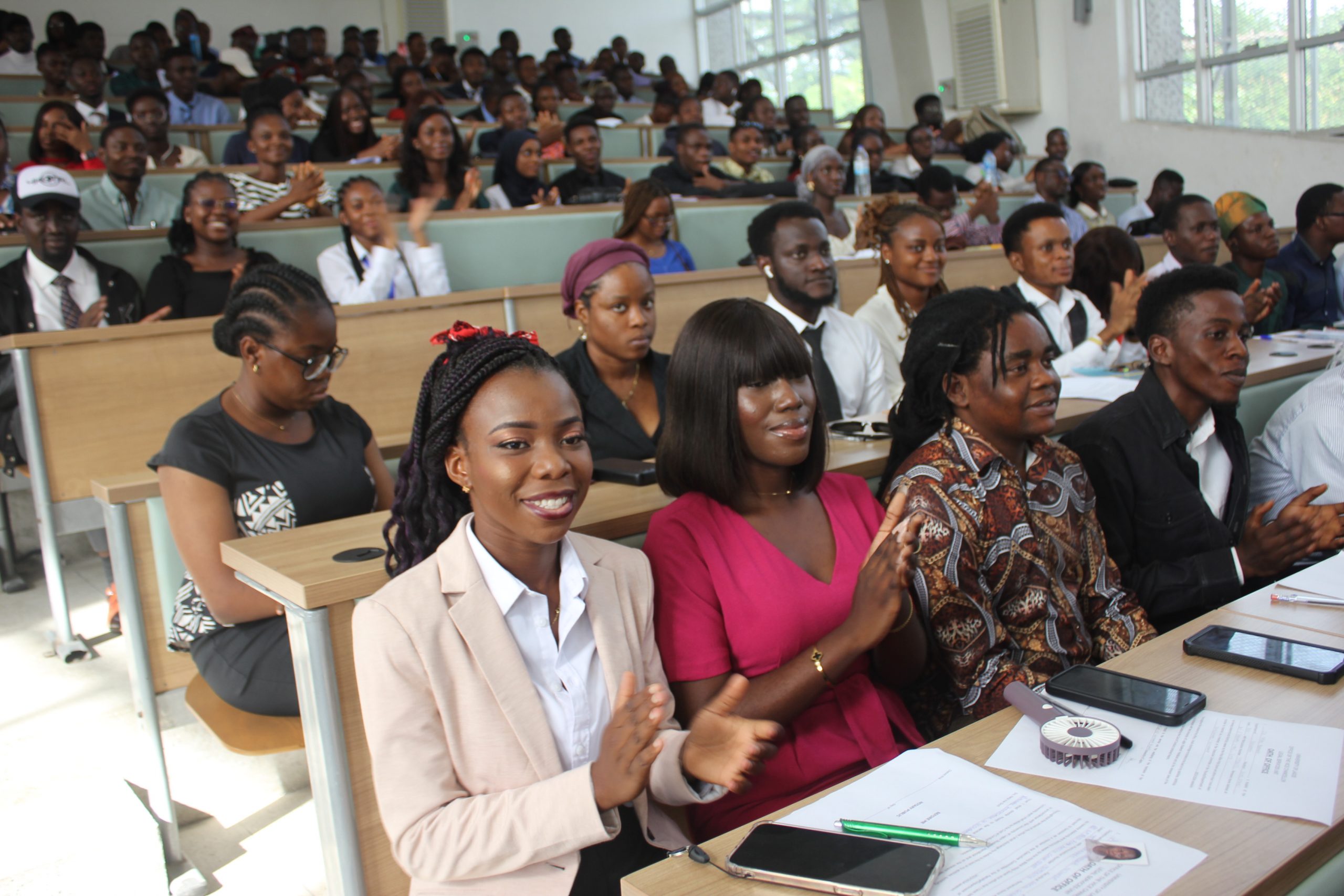BY MICHAEL E AGADA
Recent years have seen a wave of protests sweeping across Nigeria, from the passionate cries of the #EndSARS movement against police brutality to broader demonstrations advocating for social justice and improved governance. These protests underscore not only the urgent need for systemic reform but also highlight a fundamental aspect of our democracy: the right to protest. However, as we examine the framework surrounding this right within the Nigerian Constitution, we must confront the reality that while citizens are legally entitled to assemble and voice dissent, the mechanisms enabling them to do so effectively are often undermined.
Section 40 of the Nigerian Constitution guarantees the right to peaceful assembly and freedom of expression. Yet, this promise is frequently overshadowed by a pervasive culture of repression and an aggressive response from law enforcement. The state’s inclination to use excessive force against demonstrators and the vague legal definitions surrounding what constitutes a “peaceful protest” create an atmosphere of fear and hesitation among citizens. This raises a pressing question: how can Nigerians, and more broadly Africans, effectively use their right to protest to hold those in power accountable and push for improved governance?
Examining the experiences of other African nations offers valuable insights into how protests can evolve into powerful tools for civic engagement. Take South Africa, for example. Following the end of apartheid, the country’s constitution was designed to robustly protect the right to protest. Movements like #FeesMustFall and #BlackLivesMatter have not only mobilised citizens but have also led to significant policy changes, demonstrating how organised dissent can effectively influence governance.
Advertisement
Similarly, Kenya’s 2010 Constitution bolstered citizens’ rights to assembly and expression, leading to increased civic participation. The “Okoa Kenya” initiative exemplifies how public demonstrations can foster meaningful political discourse and lead to impactful reforms.
In Nigeria, the #NotTooYoungToRun campaign stands out as a powerful testament to the impact of peaceful protests. Launched in 2016, this movement sought to lower the age limits for political office, thus empowering the youth to take an active role in governance. Through grassroots mobilisation, advocacy, and strategic engagement with lawmakers, the campaign achieved a historic victory with the passage of the Not Too Young To Run Bill in 2018. This initiative not only transformed the political landscape but also illuminated the potential for citizen-led movements to drive legislative change.
For Nigeria to realise the full potential of protests as a vehicle for empowerment, several critical steps must be taken:
Advertisement
-
Clarifying legal provisions: The government should take proactive measures to clarify and strengthen the legal frameworks governing protests, ensuring citizens can exercise their rights without fear of reprisal.
-
Fostering dialogue: Creating spaces for constructive dialogue between the government and civil society can build mutual understanding and cultivate an environment where peaceful protests are welcomed rather than suppressed.
-
Protecting protest rights: It is imperative to train law enforcement in effective crowd management and conflict resolution techniques to safeguard the rights of protesters while maintaining public order.
-
Enhancing civic education: Raising awareness about citizens’ rights and the significance of active participation in governance can empower individuals to engage meaningfully in the democratic process.
Advertisement
In conclusion, while the Nigerian Constitution enshrines the right to protest, the practical reality is that many citizens face significant barriers to exercising this right. By drawing inspiration from the successes of other African nations and promoting a culture of dialogue and respect for human rights, Nigeria can transform protests into a potent instrument for demanding accountability and better governance. It is high time for the government to recognise that the voices of its citizens are not a threat, but rather a valuable opportunity for growth, progress, and lasting change.
Michael E. Agada, a policy analyst and an election expert, is a founding member of Afri-Policy and Innovation and Advocacy (APIA), a policy and advocacy hub.
Views expressed by contributors are strictly personal and not of TheCable.
